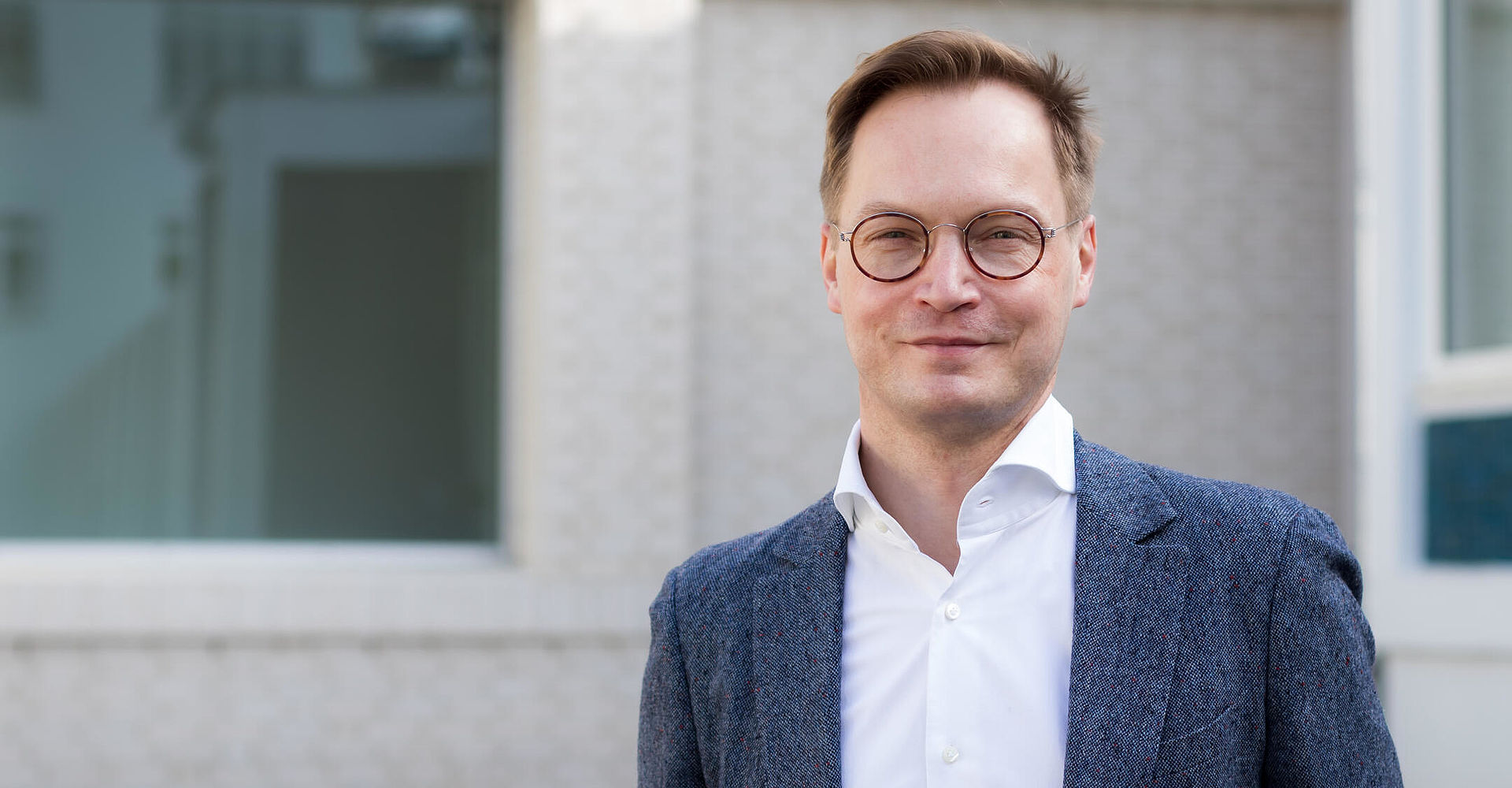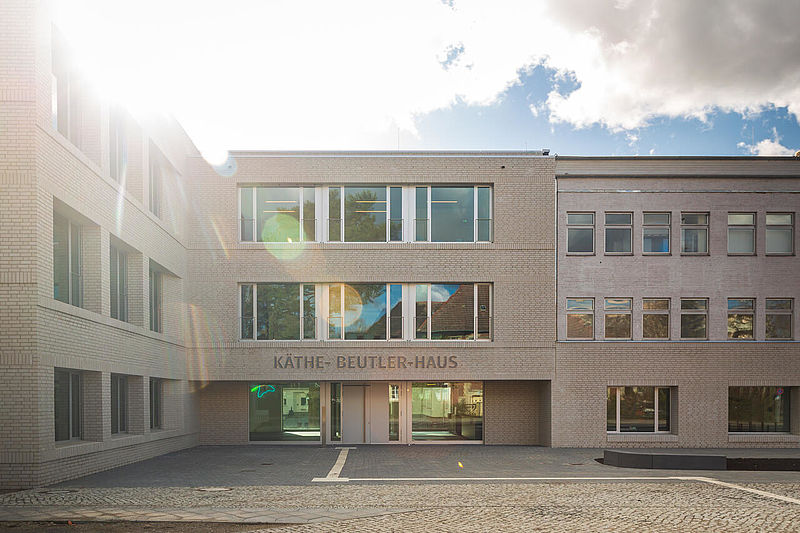The European Molecular Biology Organization - EMBO for short - is one of the biggest molecular biology organizations in Europe. Along with 68 other new EMBO Members and Associate Members, the cardiologist Michael Potente is being recognized for his outstanding achievements in the life sciences.
Bridging science and society
Potente has a great deal of experience working at the interface between basic research and patient care, and has been strengthening the Translational Vascular Biomedicine focus area. At the Max Delbrück Center, he and his team study the vascular system, which can be considered the largest organ in the human body. Their research looks at how blood vessels grow and develop and how disease can disrupt vascular function.
“Of course I am delighted by the honor. It represents recognition of our work to date by an organization of international renown,” says Potente. “In this day and age there is great pressure to quickly translate medical research into clinical practice,” says Potente. He points out that such translation is, however, dependent on thorough basic research; it requires a full understanding of the details and the ability to describe them. “Precisely that is EMBO’s focus,” he continues. “The organization’s scope is very broad: its activities are not limited to the science, instead it acts as a go-between for science and society. What should science keep society informed about? What are the respective tasks and responsibilities? I am very much looking forward to making my contribution to exploring those topics.”


